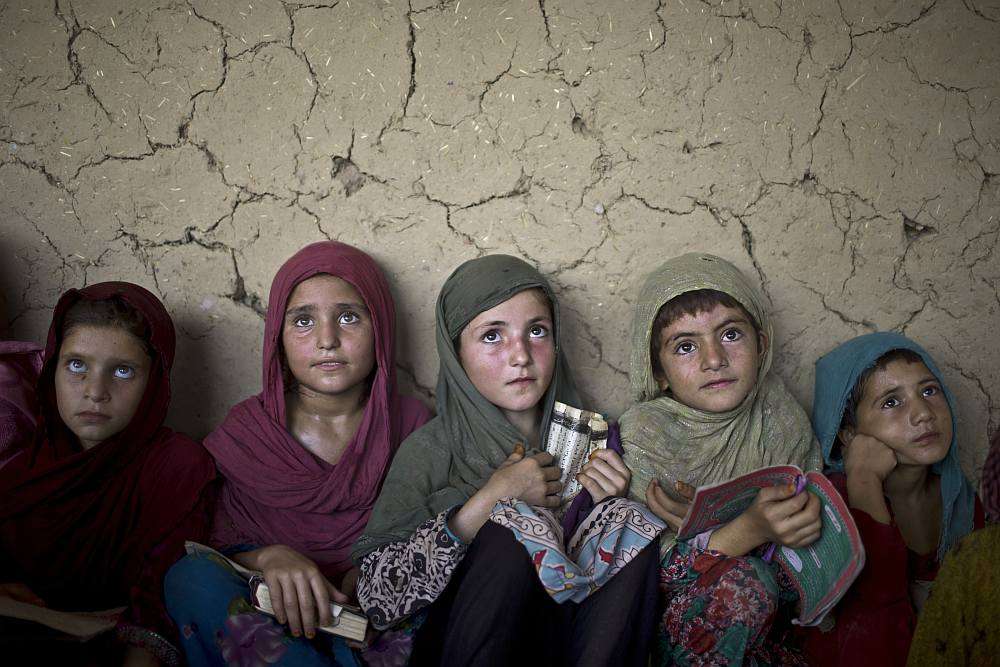Education
Source: Outlook India
Girls outperform boys in educational achievement levels in 70 per cent of the countries including in those where women liberties are severely restricted, a new large-scale study has said, suggesting that gender equality is not enough to close the achievement gaps in global education.

According to the study conducted by psychologists at universities of Glasgow and Missouri, girls outshine boys in mathematics, reading and science literacy subjects by age 15.
The research looked at the educational achievement levels of 1.5 million 15-year-olds from around the world using Programme for International Student Assessment (PISA) data taken between 2000 and 2010.
The findings published in the journal 'Intelligence' show that countries with high levels of social, political and economic equality still experience gender differences in academic achievement.
Paradoxically, some of the countries known for relatively low gender equality ratings such as Qatar, Jordan and the UAE are those where the educational achievement gap is relatively large in favour of girls.
When considering combined achievements in mathematics, reading and science, boys fall behind in 70 per cent of countries.
According to the study there are only three countries where boys outperform girls namely Colombia, Costa Rica, and Himachal Pradesh in India.
Researchers claim that these findings show that policy makers need to look beyond setting targets for gender equality as a way of reducing gender gaps in school achievement.
"The results of this study show that a commitment towards gender equality on its own is not enough to close the achievement gaps in global education," said Gijsbert Stoet, Reader in Psychology at the University of Glasgow and lead author of the study.
The UK and the US are the countries where no sex difference in combined achievement was found.
The achievement disparity between boys and girls is most in evidence at the lowest levels of achievement.
The gap however closes, and is sometimes reversed, among the very highest achievers in more economically developed countries.
"At the moment we see that, with the exception of high-achievers, boys have poorer educational outcomes than girls around the world, independent of social equality indicators. What's more is that this gap in not reducing. If policy makers are seriously concerned about gender equality in education, this ought to be their top priority," Stoet said.
